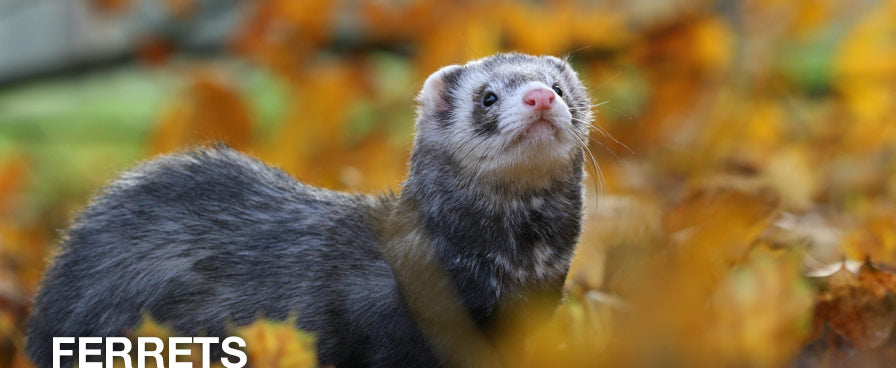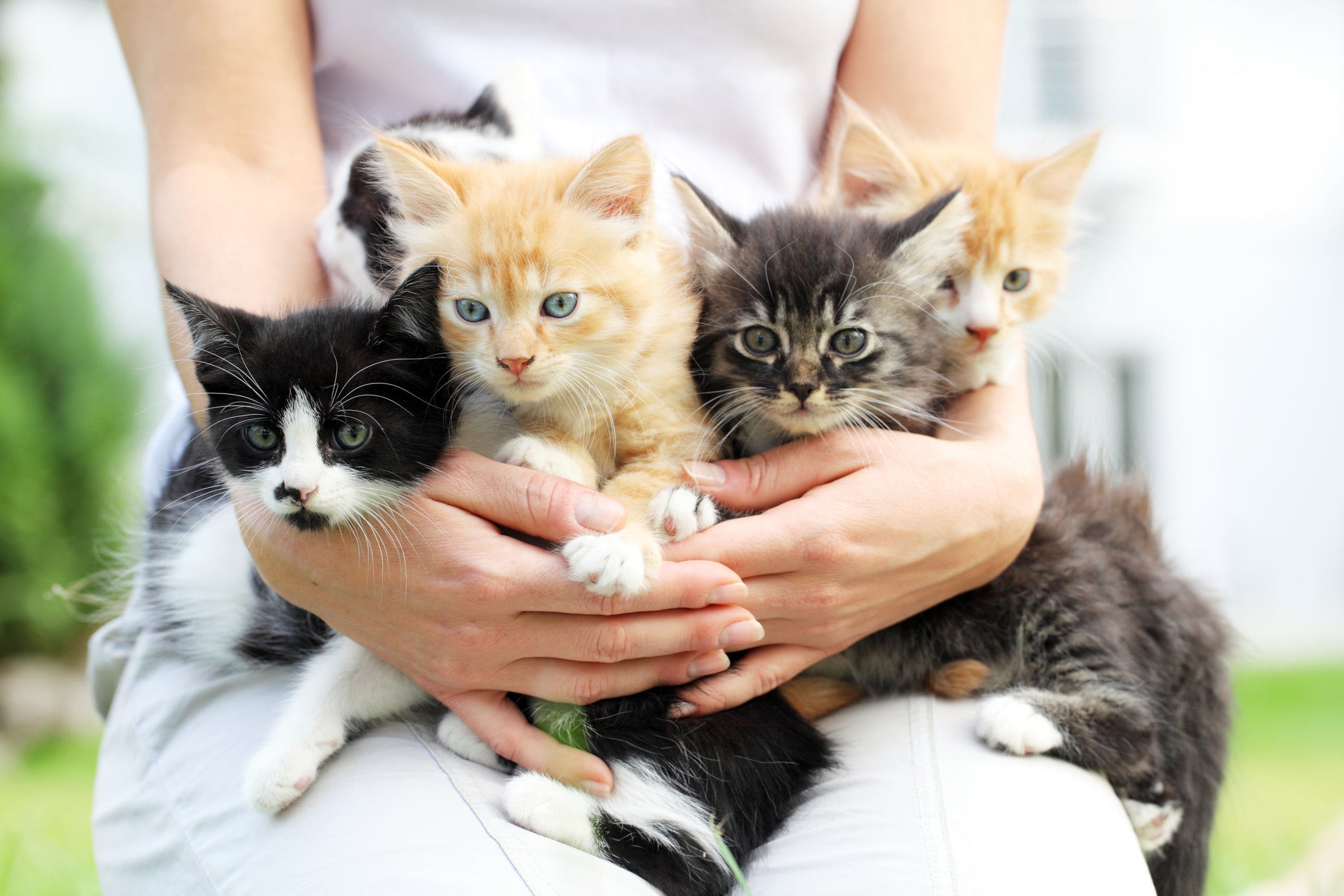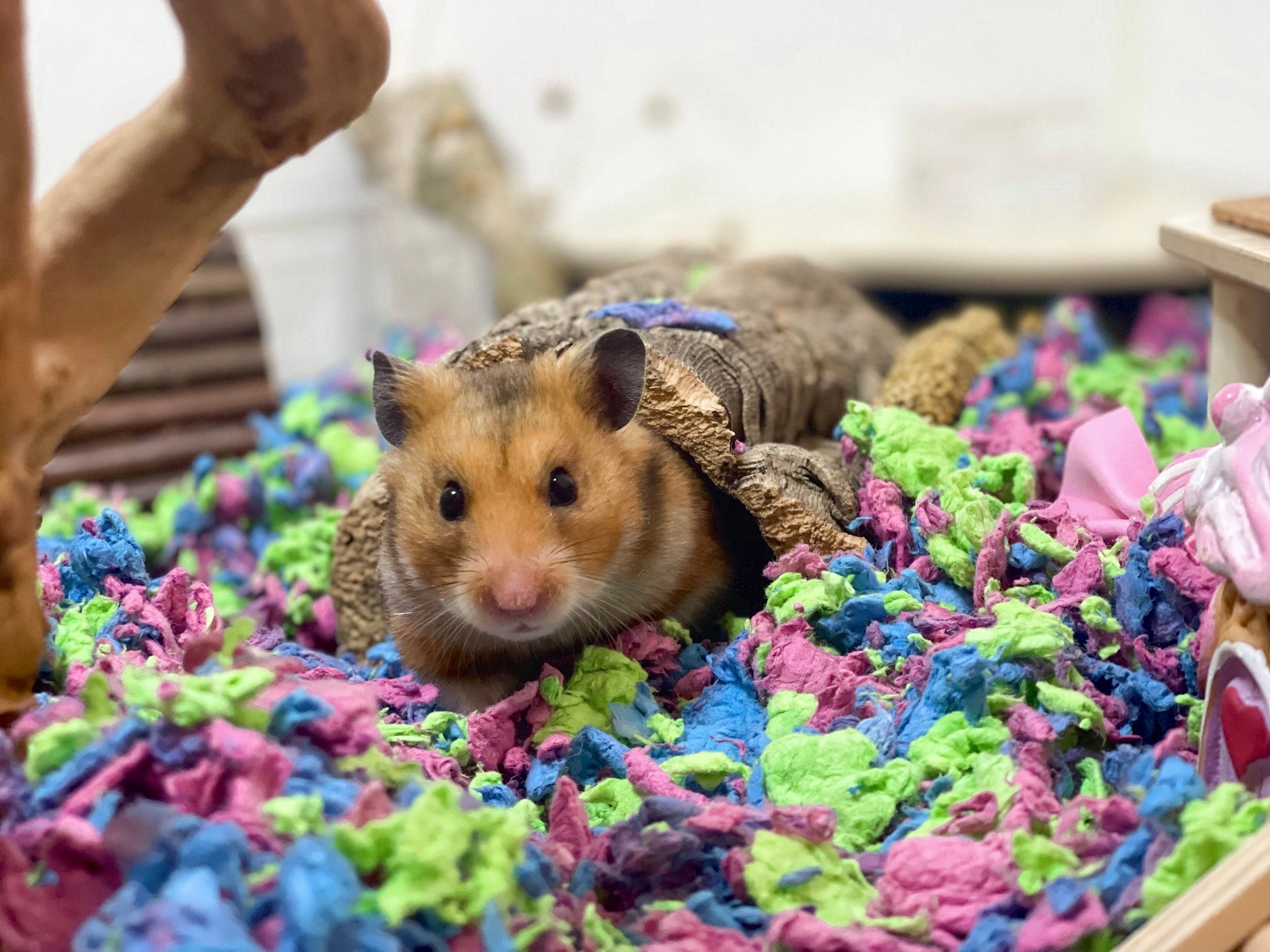
A Beginner's Guide to the Best Ferret Care
Ferrets are adorable and entertaining pets. Though ferrets are generally healthy, like any other pet, they require proper care and attention to remain happy and healthy. The average lifespan of a ferret is 7-10 years. To ensure that your ferret lives a long and healthy life, you will need to provide proper housing, good nutrition, exercise, grooming, and preventative veterinary care.
1. Housing
Ferrets love to play and explore, which means that they need a spacious cage with plenty of room to move around. Their cage size should be at least 24 inches long, 24 inches wide and 18 inches high. Make sure the cage is big enough to separate your ferret’s food and water, bedding and litter. Multi-leveled cages work well for young healthy ferrets. Your ferret’s cage should be made of durable materials such as metal, plastic, or wood, with secure doors and locks to prevent your ferret from escaping. Midwest makes this very nice deluxe cage that works great for ferrets.
In addition to the cage, you will need bedding to cover the cage floor. You can use recycled paper products, aspen chips, and wood pulp products, such as carefresh®. carefresh® is ideal for ferrets because it is twice more absorbent than shavings, can suppress odors for up to 10 days, is 99% dust-free, and is soft and comfortable. Newspaper is not ideal since it is not very absorbent and needs to be changed frequently. Cedar and pine shavings are not recommended because they can cause respiratory problems. Corn cob products are also not recommended as they can be ingested and lead to obstructions. No matter which bedding you ultimately chose, the bedding needs to be changed regularly to keep the cage clean and odor-free.
Ferrets can be trained to use a litter box. You’ll need a corner litter boxes and a litter made from paper such as carefresh Rabbit and Ferret Litter. Finally, remember that your ferret needs a place to sleep and hide. They should have a hiding place where they can feel safe and secure. They also like to lounge in soft hammocks or slings.

2. Feeding
Ferrets are obligate carnivores with high metabolisms. Ferrets require a high-protein diet that is specially formulated for them. Feed your ferret high-quality commercial ferret food that is high in protein and avoid foods that contain fillers, artificial preservatives, and sugar. Remember to always provide clean water and change it frequently. Treats should also consist primarily of meat. It is important to know that cat and dog food do not fulfill the nutritional needs of ferrets.
3. Exercise and Play Time

Ferrets are naturally playful and social pets. They are not cage pets. To stay healthy, ferrets need regular exercise and playtime. Let your ferret go out of their cage for at least two hours per day so they can play and explore in a designated ferret-proof room or playpen. You can also take your ferret outside for walks using a special ferret harness. Purchase toys that are safe for your ferret to play with, like balls, tunnels (ferrets love tunnels), and chew toys. Make sure the toys you provide have nothing your ferret can chew off and swallow. Be sure to always supervise your ferret, as they are very curious and can get themselves into trouble if left unattended.
4. Grooming
Ferrets have a sleek coat that requires little maintenance. However, they do need to be groomed occasionally to prevent hairballs and maintain healthy skin. Brush your ferret's coat with a soft-bristle brush at least once per week. Like other mustelids, ferrets normally have a slightly musky odor. Regular bathing is not required, but if done should be no more than once a month as it can strip their skin of natural and essential oils leading to dry itchy skin.
5. Veterinary Care
Just like other animals, Ferrets need to see the veterinarian annually for a complete physical exam and vaccinations for canine distemper and rabies. As ferrets get older, they may require more frequent check-ups and need dental cleanings.
In conclusion, ferret are relatively low-maintenance pets. However, to stay healthy and live a long life, they need proper care. Follow these tips to ensure that your ferret lives a long healthy life.









